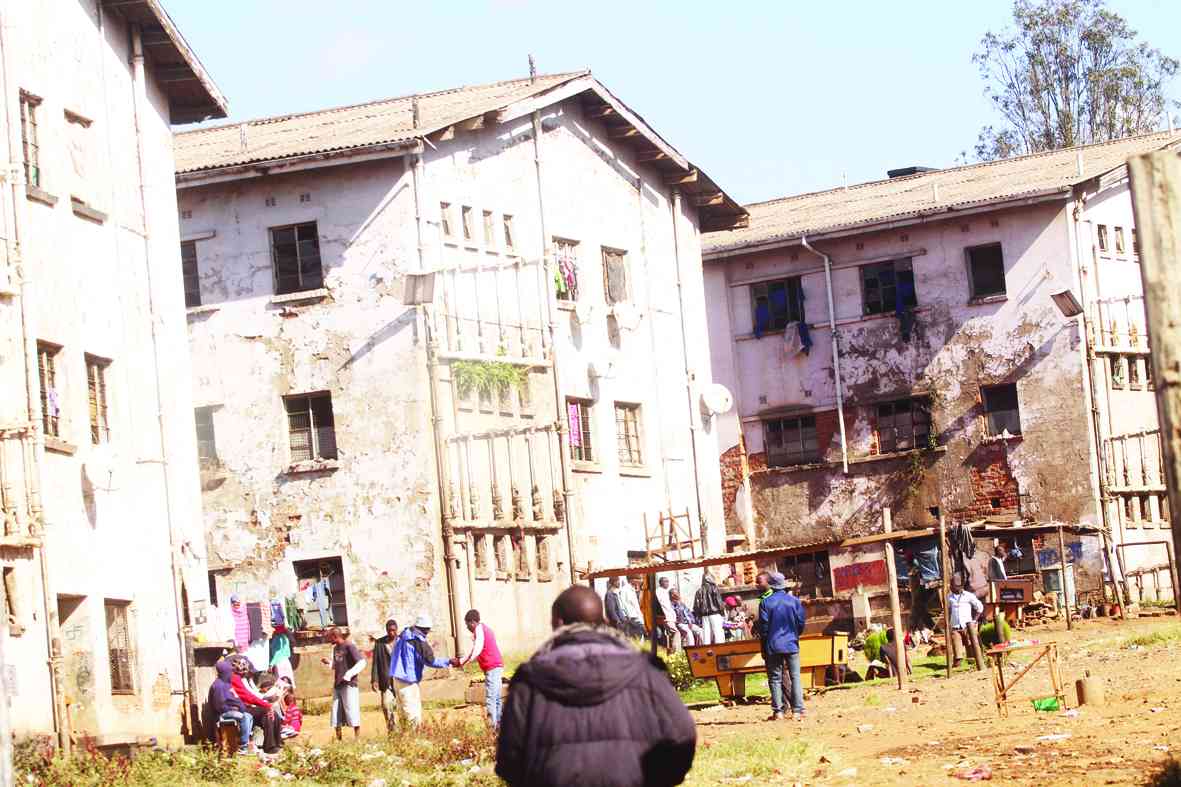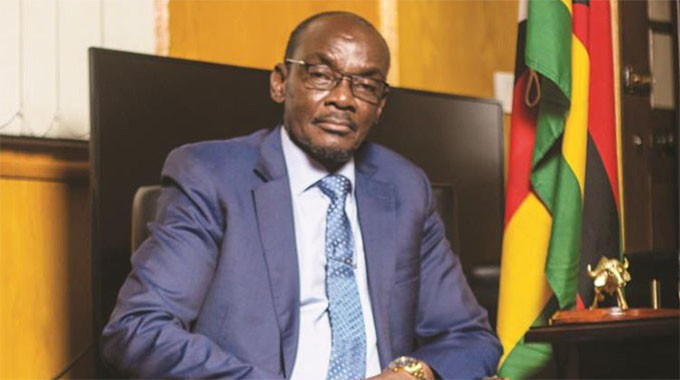
THE worn-out walls of hostels in Mbare tell a story of neglect, desperation and unfulfilled promises.
Residents, who have long endured living in deplorable conditions, now face the added threat of eviction as the Harare City Council demands payment of rent arrears.
With a 14-day ultimatum looming, many tenants find themselves caught in a cycle of poverty and despair, left to grapple with the harsh reality of their living circumstances.
In a recent notice dated June 18, 2025, Addmore Nhekairo, the Harare director for housing, warned residents that failure to settle their outstanding rent would result in eviction.
“You are hereby served with a final notice to pay the outstanding amount or vacate the property to avoid continuous prejudice to council,” the notice declared, highlighting council's zero-tolerance approach to rent arrears.
Yet, the conditions within Mbare flats are far from conducive to living.
Overflowing sewage, crumbling infrastructure and inadequate sanitation have turned these once-homes into a breeding ground for disease.
Last year, the High Court ordered the Harare City Council to renovate the flats to meet decent living standards.
- Mavhunga puts DeMbare into Chibuku quarterfinals
- Bulls to charge into Zimbabwe gold stocks
- Ndiraya concerned as goals dry up
- Letters: How solar power is transforming African farms
Keep Reading
However, council has appealed the judgment, leaving residents in limbo and exacerbating their plight.
Ruben Akili, the director for the Combined Harare Residents Association (CHRA), emphasises that the dilapidated conditions have discouraged many tenants from paying.
“The situation in Mbare is unacceptable,” Akili states.
“Sewage is gushing everywhere and many other issues persist.”
He explains that while some residents continue to pay their rent, many are simply unable to do so due to the unbearable living conditions.
“The local authority needs to address the fundamental problems that explain why some residents are paying and others are not,” he indicates.
Voices from the community echo this sentiment.
Mary, a single mother of three, shares her story of struggle.
“I want to pay my rent, but how can I when the place I live in is falling apart?” she asks.
“My children deserve better than this.”
She points to the leaking ceiling and the persistent smell of sewage that fills their small flat.
“I worry everyday about their health. How can anyone expect us to pay for this?”
Another resident, Tafadzwa, a young man trying to make ends meet, expresses frustration.
“I work hard, but my salary barely covers food and transport. After the bills, there’s nothing left,” he says.
“I can’t justify paying rent for a place that is unliveable.”
His anger is palpable as he recounts the council’s threats.
“They act like we’re the problem, but how can they ignore the real issues?”
This stance adopted by council has ignited a broader conversation about housing standards across Zimbabwe.
Many urban areas suffer from similar challenges, with residents often facing eviction despite living in squalor.
Experts argue that housing should be viewed as a human right, not merely a financial transaction.
Tinashe Mapfumo, a social housing expert, advocates for policy reforms that prioritise the dignity of residents.
“Evicting people without addressing the underlying issues of inadequate housing is not a solution,” he notes.
“We need to invest in our communities, not push them out.”
Looking beyond Zimbabwe, similar situations in the region offer potential lessons for Mbare and its residents.
In South Africa, for instance, community-driven initiatives have successfully tackled housing crises.
The Alexandra Renewal Project aimed to improve living conditions in the township of Alexandra by involving residents in the planning and execution of upgrades.
This model emphasised collaboration and transparency, fostering a sense of ownership among the community.
In contrast, Mbare residents feel a disconnect from the decision-makers.
Many are unaware of council’s plans or the appeal against the High Court ruling.
“We need to be included in these discussions,” insists Akili.
“It’s our lives at stake.”
CHRA is advocating for a platform where residents can voice their concerns and participate in shaping the future of their housing.
As the ultimatum approaches, the urgency for action has never been more critical.
The situation in Mbare serves as a stark reminder of the broader systemic failures within Zimbabwe’s urban housing policies.
Council should prioritise humane living conditions alongside financial obligations.
Ensuring residents’ dignity and well-being fosters community resilience, promotes stability, and ultimately leads to better compliance with rent payment.
Ultimately, the path forward lies in collaboration between the government, residents and civil society.
By prioritising the renovation of Mbare flats and addressing the fundamental issues at play, Harare City Council can begin to restore trust and hope within the community.
As Mary and Tafadzwa and countless others await answers, the call for dignity, respect and improved living conditions grows louder.
It is a plea that cannot be ignored, for in the heart of Mbare, the struggle for better standards continues.










